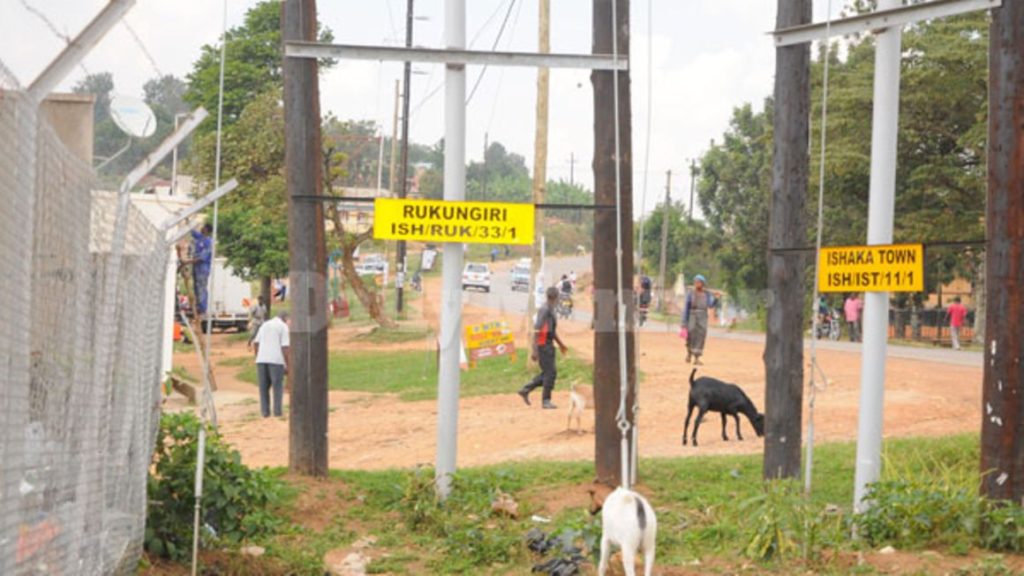There has been a reduction in grid electricity connections since 2017. PHOTO/FILE The number of Ugandans connected on solar energy rose exponentially in the period ended June 2020, according to the National Households Survey 2019/20.
The survey, conducted by Uganda Bureau of Statistics, indicates that solar energy connections increased from 18 per cent in 2017 to 38 per cent compared to a drop in hydro and grid connections during the same period.
This, according to experts, could be interpreted to mean that more Ugandans are opting for solar, avoiding the expensive and unreliable delivery time of grid electricity across the country.
The survey indicates that grid connections dropped to 19 per cent for the period ended June 2020 from 22 per cent in 2017.
The reduction comes at a time when Uganda is producing more power than available demand. As of April 2019, generation capacity stood at 1,167 megawatts, with peak demand of about 625 megawatts, consumed by at least 25 per cent of Ugandans.
Umeme, which controls at least 97 per cent of grid connections, has about 1.5 million customers, according to the company’s annual results.
Ms Ziria Tibalwa Waako, the Electricity Regulatory Authority (ERA), chief executive officer, yesterday told Daily Monitor, the increase in solar was not accidental because the regulator had over the years used a double strategy, emphasizing the use of solar and electricity.
“We have been encouraging use of solar in rural areas that are off-grid and grid electricity in certain areas, [especially those with] industries to make the country self-consistent and sustaining,” she said.
Access to electricity continues to be a challenge due to high cost of the commodity and unreliability. A unit of electricity currently retails at an average of Shs700, which is on a high side for a number of ordinary Ugandans.
Dr Chris Mukiza, the Ubos executive director, the increase could be due to the fact that majority of Ugandans live in rural areas, much of which are not connected on the grid.
The National Household Survey indicates that only 27 per cent of the 41 million Ugandans live in urban areas.Mr Peter Kauju, the Umeme communications manager, said whereas it was difficult to reach a conclusive explanation, electricity distribution had been disrupted by Covid-19 and the recent suspension of the Electricity Connection Policy, which has since been partially lifted. The covid-19 effect According to Perter Kaujju, Covid-19, has disrupted the activities of several entities and individuals. “Economic performance […]
